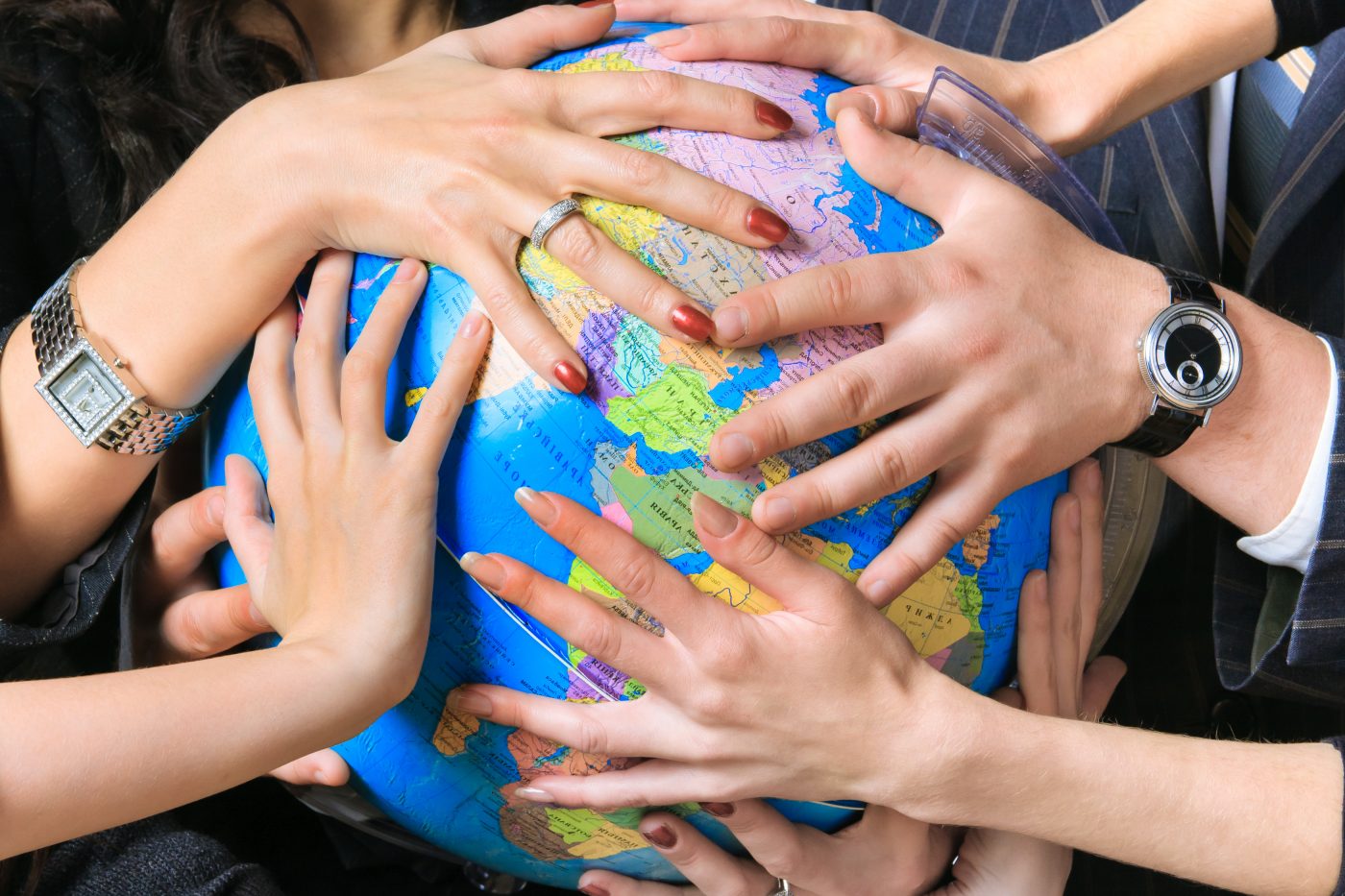Facioscapulohumeral Muscular Dystrophy Gets First World Awareness Day
Written by |

The FSH Society, a non-profit organization led by facioscapulohumeral muscular dystrophy (FSHD) patients in support of research and education, joined other FSH groups worldwide in hosting the first World FSHD Day on June 20.
The day was developed with FSHD Champions, an international alliance of organizations advocating for awareness and research about FSHD, one of the most common types of muscular dystrophy (MD).
Participants from across the globe came together in several activities that included sharing the World FSHD Day logo on social media so that it can be recognized everywhere.
Countries participating in the first World FSHD Day included Italy, France, the Netherlands, Germany, Austria, the United Kingdom, Canada, Australia, Japan and China. Countries that wish to participate on the next World FSHD Day and organize their own activities can use the event toolkit.
“This is the first time that the FSHD community has come together like this – mobilizing people from across the world, with different backgrounds, languages and experiences,” said Daniel Perez, co-founder, president and CEO of the FSH Society, in a press release. “By raising awareness, we can make sure FSHD patients and families know that they are not alone, and we can help mobilize public attention and resources to ensure a better future for everyone affected by this disease.”
FSHD is degenerative disease that leads to progressive muscle weakness starting with the face and upper body but eventually affecting the legs and any skeletal body muscle. It is estimated that 8,000 individuals live with FSHD throughout the United States; 870,000 worldwide. Currently, there is no treatment or cure.
The FSH Society, a U.S. leader for fighting MD, has funded seed grants to pioneer research across the globe. The FSH Society is creating an international collaborative network of patients and researchers to improve its action as a driving force for research.
World FSHD Day raised public awareness for the disease but also provided FSHD patients with a place to turn for help or to meet other patients.
Anyone can further raise awareness for FSHD through social media using the hashtags #WorldFSHD and #CureFSHD.





